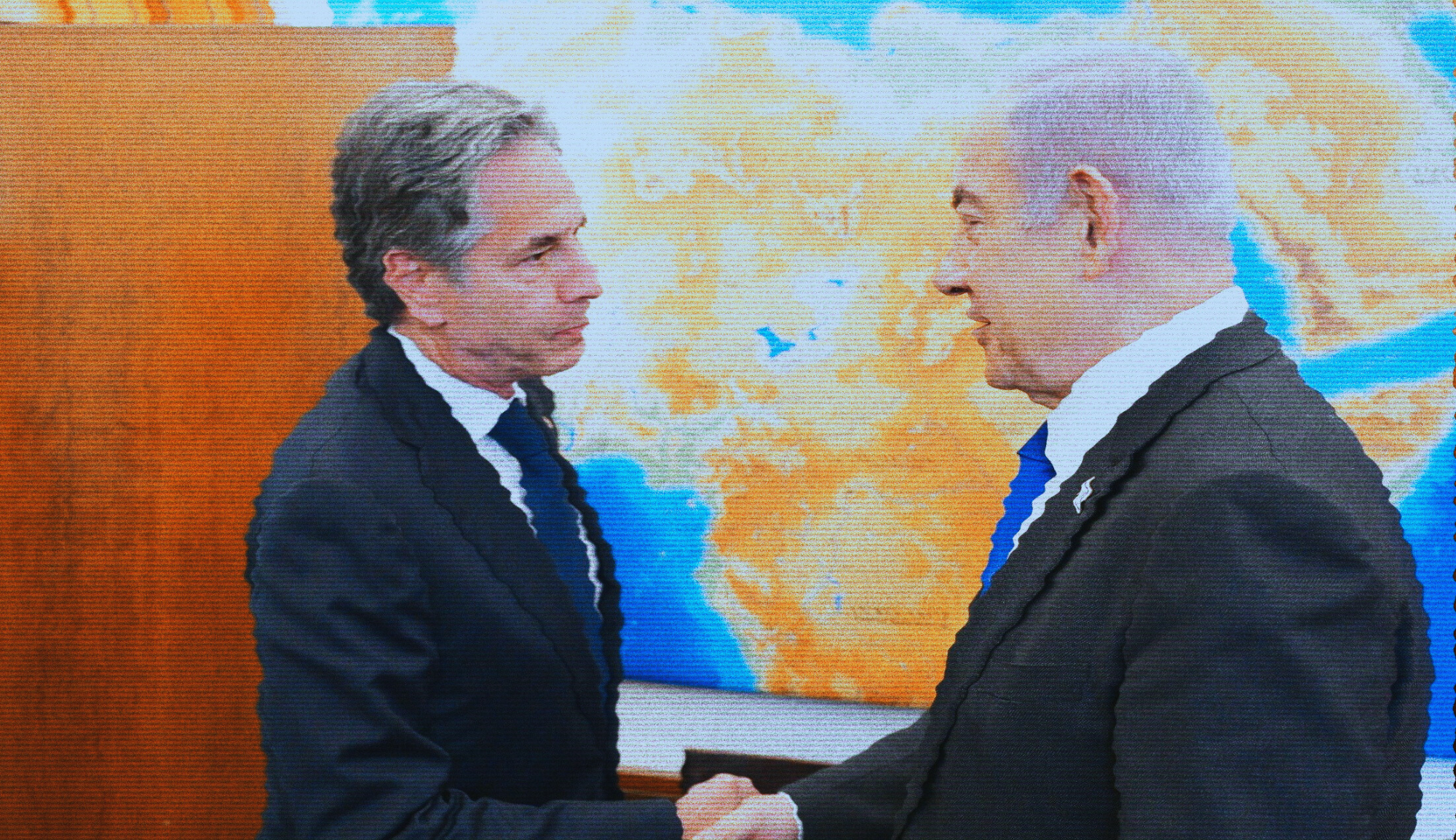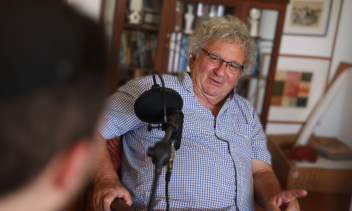Independence Day is an opportunity to honor the miracle of American democracy, and to reaffirm its crucial significance. The message of July 4, 1776, and what followed, has never been more necessary.
Democracy is often equated with voting. However, as a moral value, and an exemplary ideal, voting cannot be its essence. Simple majority rule can easily yield results of no moral value—including the dreaded “tyranny of the majority.”
Democracy in the aspiration of America’s founders recognizes the boundless potential of the individual, who therefore must be unbound by oppressive forces and allowed to choose his own path, and be protected in doing so. This definition was advocated by Abraham Lincoln, who noted before debating Stephen Douglas, “Just as I would not be a slave, so I would not be a master. This expresses my idea of democracy. Whatever differs from this, to the extent of the difference, is no democracy.”
As Allen C. Guelzo emphasizes in his book, Our Ancient Faith, this is a surprising definition, making no mention of elections or majorities. In fact, however, Lincoln identified the core value, relegating voting to its appropriate place as the tool to protect the voice of the individual, rather than the end itself.
Lincoln understood the Declaration of Independence’s attributing government’s “just powers” to the consent of the governed as a moral value, “that no man is good enough to govern another … without … consent …the leading principle … of American republicanism.”
This principle, dating back to the founders, reflected more than libertarianism; it displayed belief that humanity was capable of greatness and must not be inhibited in that goal. The phrase “the pursuit of happiness” is often understood as following one’s desires. However, as Jeffrey Rosen displays in his book of that title, the phrase predates its appearance in the Declaration of Independence, and has a different meaning.
As Rosen explains, happiness was defined by writers who influenced Jefferson as “being good, rather than feeling good… the founders viewed the pursuit of happiness as a lifelong quest for character improvement, … so that we can be our best selves and serve others.”
That it was nonetheless almost a century before slavery was abolished nationwide is due to many factors, some of them human weakness, including that of the founders, and some pragmatic: Lincoln himself acknowledged he may tolerate slavery being extended into the western territories “rather than see the union dissolved, just as I would consent to any great evil, to avoid a greater one.” Still, the declared value system, and its moral imperative, eventually carried the day.
This same value system mandates America’s strong, clear support of Israel in its current war against Hamas. When noting that Israel is the only democracy in the Middle East, this cannot be limited to its electoral system. Hamas was, ostensibly, empowered by an election, however outdated, and were another to be held, it would likely find overwhelming support.
The significance of Israel’s democracy is stated in her own Declaration of Independence: that its founders
never ceased to assert their right to a life of dignity, freedom and honest toil in their national homeland….the Jewish community of this country contributed its full share to the struggle of the freedom- and peace-loving nations against the forces of Nazi wickedness and, by the blood of its soldiers and its war effort, gained the right to be reckoned among the peoples who founded the United Nations.. it will foster the development of the country for the benefit of all its inhabitants; it will be based on freedom, justice and peace as envisaged by the prophets of Israel; it will ensure complete equality of social and political rights to all its inhabitants irrespective of religion, race or sex; it will guarantee freedom of religion, conscience, language, education and culture; it will safeguard the Holy Places of all religions; and it will be faithful to the principles of the Charter of the United Nations.
By contrast, Israel is embroiled in conflict with terrorists that recognize no sanctity of life. The distinction is summed up by noting that Hamas is led by a vicious murderer who intentionally endangers his own people as “necessary sacrifices” for cynical political gain. Israel, by comparison, cured that same leader of brain cancer, and then released him to save the life of one soldier.
This is democracy’s true essence: Everything is worth it for one life. With that principle established, policies are dictated by numbers, whether the mundane decisions of governance or the excruciating choices of warfare.
In practice, democracy works by counting up numbers, and following the majority. There’s no better way to decide. War also requires making hard decisions to save the greater numbers, again, no other way. But both of these systems legitimately do so after first acknowledging that every human is infinitely valuable and worthy of every protection.
This, Israel’s founders knew, traces to the Bible, which endorsed majority rule, but only after first teaching that humanity was created in the Divine image.
In 2002, then-United Nations Secretary General Kofi Anan typified the attitude of that organization by endorsing slanderous accusations against Israel, asking, “Can the whole world be wrong?” America’s founders recognized that indeed, the majority can be very wrong, and their new democracy must embody truths more eternal than the world’s opinion. Their message is more crucial now than ever.







